This has taken me about a year to understand and get to, but I am the limit of my capability so reaching out to a StackOverflow guru please...
I would like to, if possible, secure my network model. The model is as shown in the diagram. To explain:-
- All the aspects I have control of, is within the green shaded area. I cannot change anything outside this.
- I run a simple application web server which is the VPN IPsec/L2tpd client. Static IP.
- My router is ISP provided. It receives a DHCP Dynamic IP from the ISP.
- My Digital Ocean Virtual Private Server has a static IP. It runs an NGINX reverse proxy that channels traffic through the VPN tunnel. It also runs the IPsec/L2tpd server.
- A IPsec/L2TPD VPN tunnel is established and working.
- A working VPN tunnel.
- A cellphone that runs an app that communicates with my application server app. My cellphone receives a dynamic IP from my Network Operator.
- I have three IP camera feeds served by my application server. Not a great speed but watchable in real-time.
- I cannot change my ISP, or bandwidth/download/upload speed.
- I cannot install VPN clients on the cellphone and I may want to access my app server through another cellphone provided by work so cannot install apps on it but does have unfettered web access through a browser.
Everything is now working, can't believe I've done it !
Anyway, my question is:- Is there any way to secure the network so that only traffic from my mobile reaches - or rather is accepted - by my application server.
I accept IPsec/L2tpd is not great, but it is fast and I use this because I have tried OpenVPN, SoftEther and key based OpenSwan. These are waaaay to slow. The camera feeds are unwatchable and update one frame about every 5 seconds.
So with the limitations above, what can I do, what is possible? Please may I respectfully ask that you refrain from suggestions and concerns requiring a change to that which I cannot control, i accept all critique but that is not what I need here. I am asking for advice on how to secure , that which I can influence. Thank you
